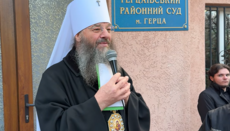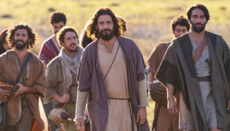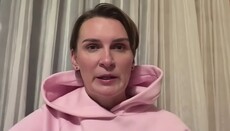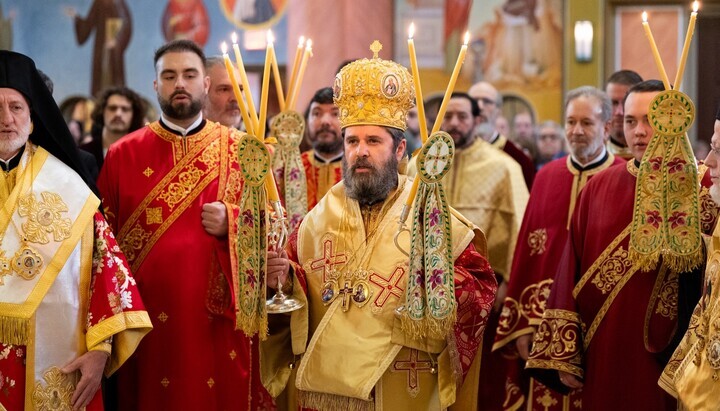Supreme Court upholds verdict on draft dodger: Right to religion not absolute
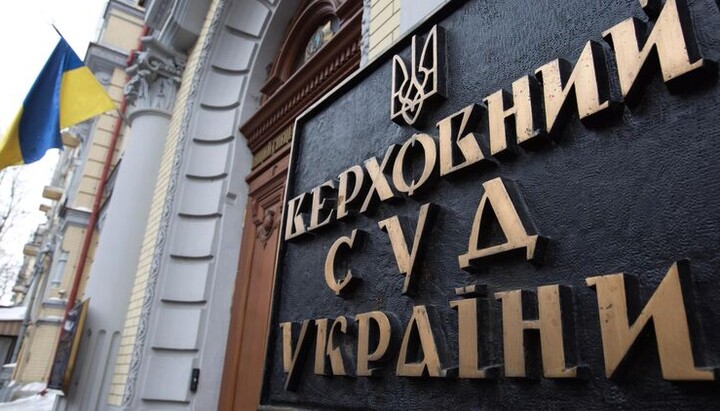
The Supreme Court has upheld the verdict against a man who evaded military service on grounds of religious beliefs.
The panel of judges from the First Judicial Chamber of the Cassation Criminal Court of Ukraine reviewed the case of a conscientious objector to military service on religious grounds and ruled that religious beliefs are not a valid reason for exemption from service during a special mobilization period. This was reported by sud.ua.
The Supreme Court decided that individuals refusing mobilization due to religious beliefs must demonstrate deep, sincere, and consistent religious convictions. This can be substantiated not only by their own statements and the testimony of relatives, but also by public statements reflecting such ideological positions in the past and involvement in pacifist-oriented social movements.
The judges reasoned that the right to practice one's religion or beliefs is not absolute and can be restricted during wartime, "which delineates the boundaries of lawful intervention in the right, allowing its exercise only to the extent necessary to achieve the aforementioned lawful purposes."
These conclusions were reached by the court in case No. 344/12021/22, where a man failed to comply with a summons and did not appear at the Military Commissariat in July 2022, citing that military service contradicts his religious beliefs.
The local court sentenced the man under Article 336 of the Criminal Code, applying Article 69 of the Criminal Code to impose a 1-year prison sentence.
The appellate court overturned this verdict regarding the sentence and issued its own judgment, sentencing the defendant to 3 years of imprisonment under Article 336 of the Criminal Code. Based on Article 75 of the Criminal Code, the court exempted him from serving the sentence with a probationary period of 1 year and imposed obligations on him as provided for in paragraphs 1-3 of Part 1 of Article 76 of the Criminal Code.
The draft dodger failed to prove to the court that he was a member of any religious organization, while the trial court presented evidence that he was called up for military service, and his religious beliefs did not prevent him from fulfilling his duty.
In justifying their decisions, the courts referred to the provisions of the Law "On Alternative (Non-Military) Service" dated December 12, 1991, No. 1975-XII, which link the right to alternative (non-military) service only to participation in recognized religious organizations according to the law, whose teachings are incompatible with military service. The law does not extend to individuals who cannot demonstrate their participation in these organizations.
As reported by the UOJ, a draft dodger in the Volyn region was prosecuted for refusing service due to religious reasons.







